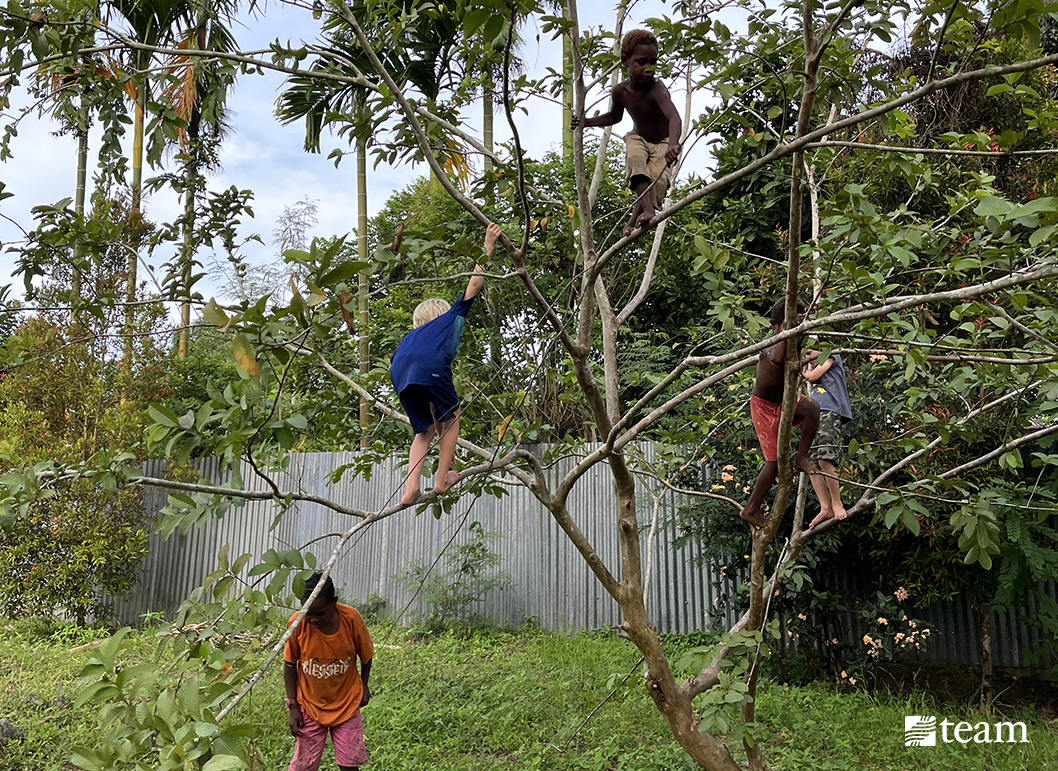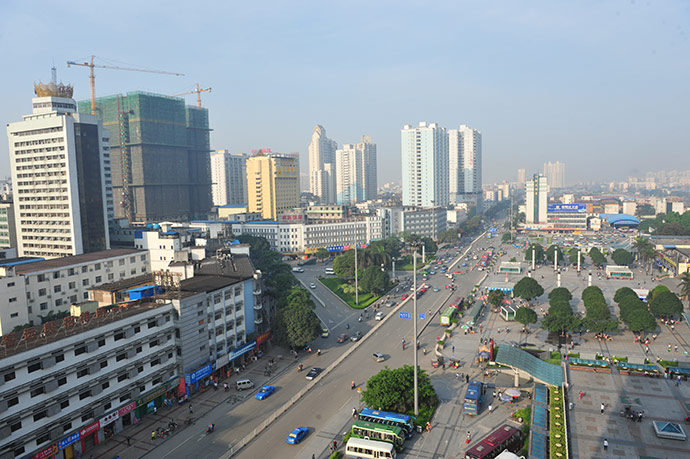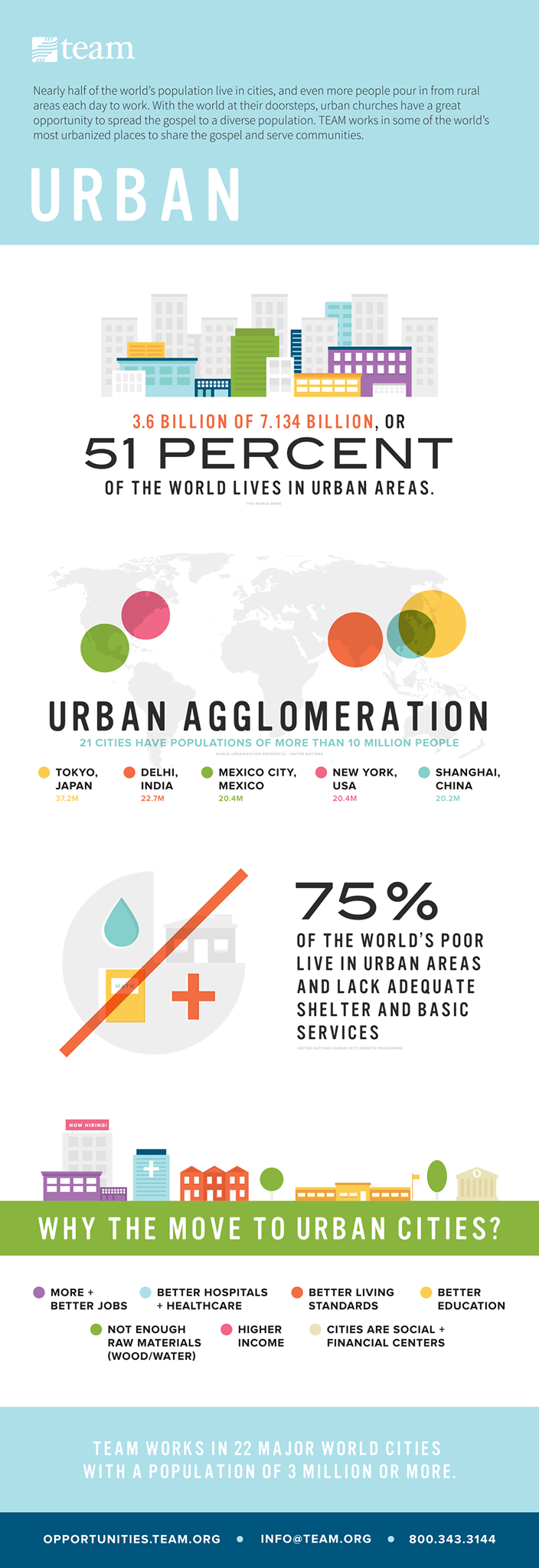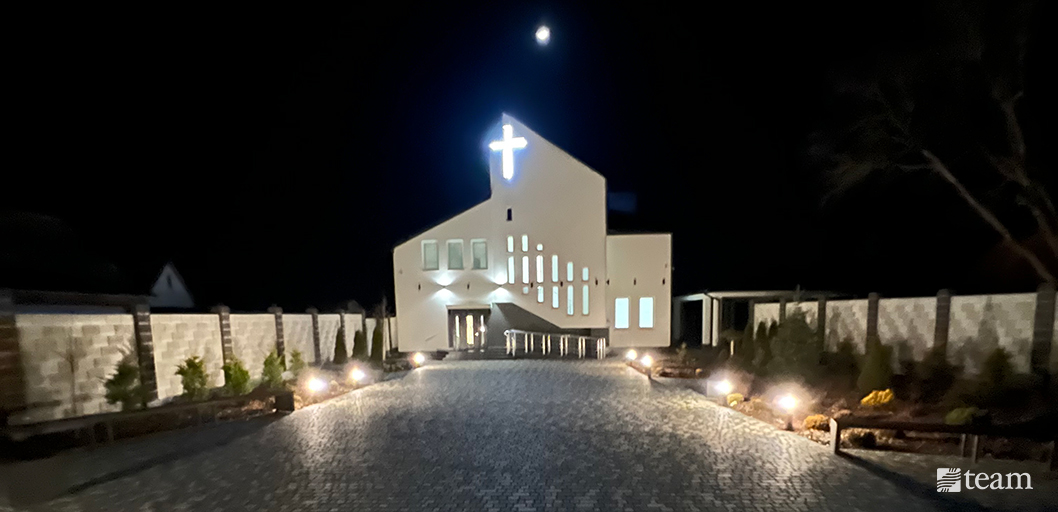
Ministry Updates
Why Cities Matter (INFOGRAPHIC)
February 27, 2014
by Interactive Supply

You may have heard it, the saying often attributed to pastor and author Tim Keller, about why God loves the city more than he does the country.
The country has more trees than people. The city has more people than trees. Because God loves people more than he loves trees, he loves the city more than he loves the country.
This bit of tongue-in-cheek probably strikes you differently depending on whether you live among the trees or the concrete. But at least as it relates to global missions strategy, there is much truth in it.
Urban mission is one of TEAM’s core ministry focus areas — there are 24 of them in all, split evenly between “how we serve” areas and “who we serve” areas. As a missions agency, our reach is admittedly broad, so breaking up our work into these areas helps us keep our priorities straight and better communicate what we do. You might think of them as drawing lines around specific parts of the human story we believe God is particularly concerned about.
Urban Ministry Adds Up
At TEAM, we don’t choose to focus on urban mission because it’s a cool thing to do. We focus on cities because they are one of the most strategic places for planting the gospel with far-reaching effect.
The world is increasingly urban. More than half of all humans live in cities today, compared to fewer than a third in 1950. Unquestionably, cities serve up more person-to-person interactions and more cross-cultural exchanges in a day than anywhere else. Mathematically, the opportunities in a city for sharing and demonstrating the gospel are unmatched.
The City is the Center of Influence
But urban mission is about more than numbers. Cities have been and are becoming more and more the centers of influence and power in our world.
The world saw just how integral cities can be after the 2010 earthquake in Haiti, which destroyed much of Port-au-Prince, the capital. The disaster was devastating not only because of its size, but also because of how far the impact was felt. Nearly everyone in Haiti has friends or family who have migrated to Port-au-Prince, either temporarily or permanently. In a sense, almost every Haitian (both living in the nation and abroad) has a personal tie to that city, so the hurt touched an entire people group.
Along those same lines, if we could only choose one place to share the good news of Christ and then pray for ripples to spread and impact an entire nation, we would probably choose a city.
Since the very beginning of the church, the Bible shows God’s special attention to cities, specifically Jesus’ great concern for Jerusalem. In Acts, it is even possible that Paul traveled intentionally from one influential city to the next, fueling the church in the intellectual center of the Greco-Roman empire (Athens), a commercial center (Corinth), a religious and cultural center (Ephesus), and of course in the center of power, Rome.
Certainly, urban missions are not better or more important than non-urban missions. As of the publishing of this post, only about 34 percent of TEAM’s long-term service opportunities are in urban areas — evidence that many TEAM workers serve in vital roles in very remote areas, whether teaching in seminaries, drilling wells, or consulting with farmers. God loves every man and woman equally, urban and rural, each created in his image.
There just happen to be a whole lot of those image-bearers packed into a handful of sprawling metropolises around the globe.
Learn More About Urban Ministry
Whether or not the saying at the top of this post originated with him, Keller did write an excellent paper on urban mission for the Lausanne Movement that you can read here. Keep scrolling to read an infographic that breaks down urban ministry by the numbers. If you have thoughts about cities and global missions, we’d love for you to share them with us.


